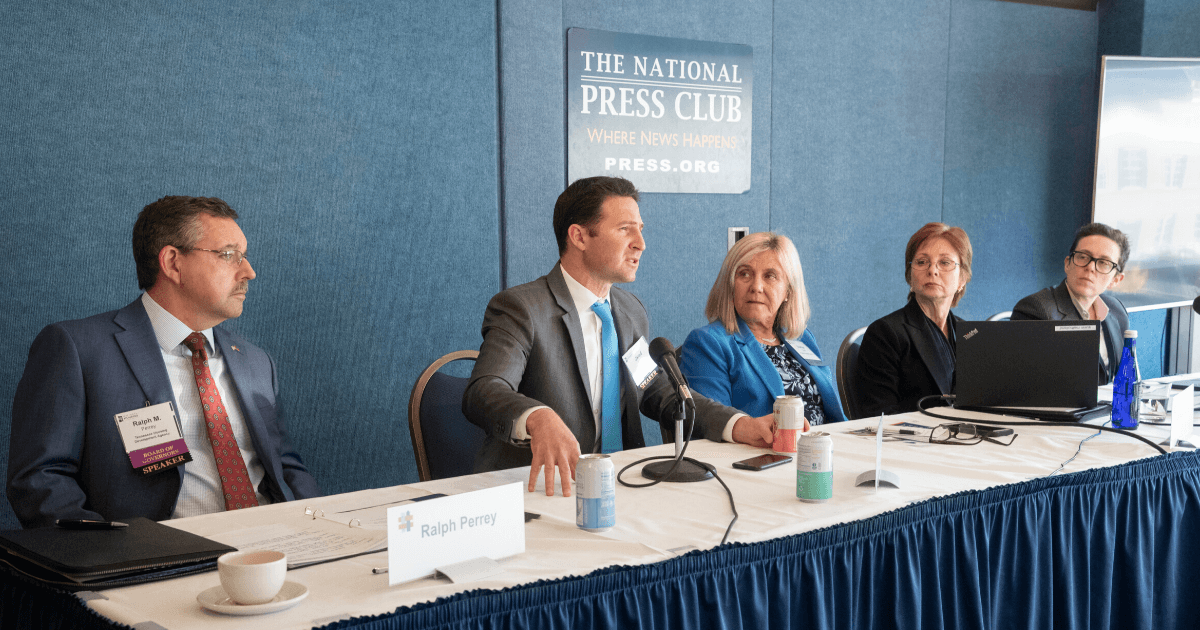
For the past three years, I’ve attended NHC’s Solutions for Affordable Housing convening. This year offered another fantastic opportunity to network with industry leaders and engage in the broad swath of policy topics that define the challenges and opportunities of our current policy environment.
The Low Income Investment Fund (LIIF) is a national community development financial institution (CDFI) and proud member of NHC. As LIIF’s Policy Officer, I work closely with the NHC team on a range of federal policy issues, from increasing the supply of affordable rental housing to regulatory changes to the Community Reinvestment Act (CRA). I am also a proud member of NHC’s Emerging Leaders in Affordable Housing group.
I have worked with NHC on a variety of issues over several years, yet I was still struck by the comprehensive line-up of topics covered at this year’s Solutions convening. NHC’s eagerness to take on the full range of housing-related policy challenges – from housing finance reform and homelessness, to the black homeownership gap and climate impact – is the type of enthusiasm necessary to address the nation’s vast housing affordability challenges. And NHC’s ability to convene the nation’s leading experts on such a diverse array of issues is what makes events like Solutions worth attending.
The only downside of such a comprehensive line-up of panels is that it is hard to choose which sessions to attend, but NHC has a solution and kindly posts audio recordings and presentation slides from the sessions. Of the sessions I was able to attend, the panel “Addressing Housing and Climate Impact” exemplified what I see as the real value of the conference – hearing from an experienced set of leaders who represent diverse parts of the industry discussing innovative solutions to some of our most pressing challenges.
This panel in particular highlighted efforts to combat the negative impacts of a changing climate on low-income individuals and communities, such as building and operating affordable housing properties to resilient standards. But the focus went beyond the bricks and sticks of sustainability and also included examples of innovative financing efforts that address climate impacts.
Christina Travers, LIIF’s VP of Finance & Capital Strategies, presented on the panel and highlighted LIIF’s recent $100 million “sustainability” public bond, which was met with 10 times more interest from investors than was available in the offering. LIIF’s bond is the first from a CDFI to align with the United Nations’ Sustainable Development Goals.
The challenges facing the housing industry are vast and growing, and the impacts from a changing climate present some of the most pressing threats to our existing system. Responding to these looming threats naturally requires engagement from across the broad ecosystem of stakeholders, which is why it is so important that NHC convenes these conversations with developers, philanthropists, government officials, researchers, CDFIs like LIIF, and others under one “big umbrella” of housing. The conversations that take place when our groups gather together is where the real change starts to happen.

